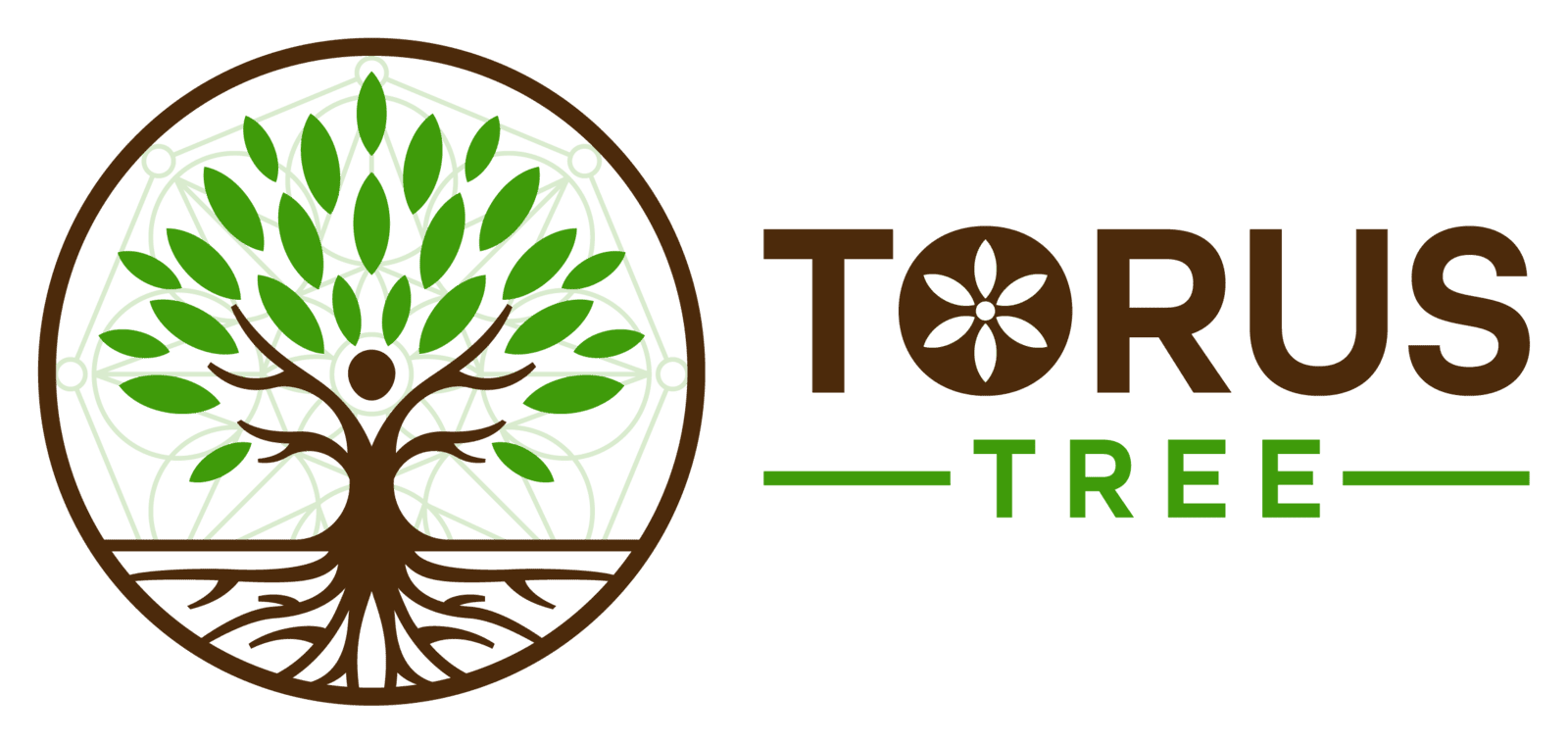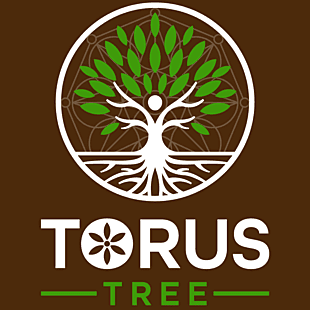What If History Isn’t What We’ve Been Told?
What If History Isn’t What We’ve Been Told?
History, as we know it, is incomplete. Fragments of ancient knowledge, lost civilisations, and unexplained artefacts suggest that human history is far older—and far more advanced—than mainstream narratives acknowledge.
We’ve been taught that civilisation began just a few thousand years ago. But what if that’s only part of the story? What if there were previous cycles—great civilisations that rose, thrived, and fell—long before recorded history? And what if we are now standing at the end of one cycle and the beginning of another?
This article explores: ✅ The evidence for lost civilisations that challenge mainstream history ✅ The ancient cycles of time and their connection to the present shift ✅ What these cycles teach us about our future
The past is resurfacing, and with it, the knowledge we need to navigate this transformation.
1. The Forgotten Past: Lost Civilisations & Advanced Knowledge
From the ruins of Göbekli Tepe to the mysteries of the Sphinx, from sunken cities off the coasts of India to out-of-place artefacts that predate recorded history, evidence is mounting that human civilisation is far older than we’ve been led to believe.
Historians tell us that Göbekli Tepe, discovered in modern-day Turkey, is over 12,000 years old—yet it was built with advanced knowledge, seemingly overnight, and then deliberately buried. Why? Who built it? And what does this mean for our understanding of history?
Researchers like Graham Hancock, Randall Carlson, and Gregg Braden propose that we are not the first advanced civilisation—just the latest in a long cycle.
Ancient myths across cultures tell similar stories:
The Great Flood—spoken of in Sumerian, biblical, and indigenous traditions—suggests that past civilisations were wiped out.
The Golden Age—described by the Greeks, Hindus, and Mayans—hints at earlier advanced societies.
Stories of Giants, Gods, and Beings of Light—found in every major civilisation—suggest that we may not have been alone in our development.
If our history is cyclical rather than linear, then the rise and fall of civilisations is a pattern—not an anomaly.
2. The Cycles of Time: Ancient Clues to Our Current Transition
Ancient cultures measured time differently than we do today. The Mayan Long Count Calendar, the Hindu Yuga Cycles, and the Great Year cycle all suggest that humanity moves through repeating ages of enlightenment and darkness.
Gregg Braden and other researchers propose that these cycles are linked to cosmic movements—Earth’s position relative to the galaxy affects consciousness, civilisation, and planetary conditions.
Key Cycles That Indicate We Are in a Period of Change:
✅ The Yuga Cycles (Hindu Cosmology) – We are transitioning from the Kali Yuga (darkness and ignorance) into a new age of awakening.
✅ The Great Year (Precession of the Equinoxes) – A 25,920-year cycle influencing human evolution and global change.
✅ Mayan Prophecies – The 2012 “end” was not a doomsday event, but a marker of a new era.
These cycles suggest that we are now entering another great shift—a moment where we choose how the next civilisation will emerge.
3. The Lessons of the Past: What Lost Civilisations Teach Us About the Future
If we are at the turning point of a great cycle, what does history teach us about how to navigate it?
The evidence suggests that previous civilisations faced similar choices:
1️⃣ They either aligned with natural cycles and thrived, or they ignored them and collapsed.
2️⃣ They developed advanced technology, but how they used it determined their fate.
3️⃣ Their wisdom was preserved in myths, sacred texts, and stone—but only those who sought it could rediscover it.
What We Can Do Now:
✅ Recognise the shift – Understanding the cycle helps us navigate it rather than resist it.
✅ Seek out ancient knowledge – Hidden texts, indigenous teachings, and forgotten wisdom hold keys to thriving in this transition.
✅ Align with the natural world – Past civilisations that lived in harmony with nature lasted longer; modern technology must integrate with, not dominate, the Earth.
✅ Develop consciousness & awareness – The real transformation is not external—it is within.
We are at a crossroads. The rise and fall of civilisations is part of the natural rhythm of existence. The question is: How will we choose to shape this next cycle?
Final Reflection:
If history is cyclical, then we are not just witnesses to change—we are participants in shaping what comes next.
What do you feel when you hear about lost civilisations and the cycles of time? Do you sense that we are in a moment of transition? How do you see yourself contributing to the unfolding shift?
Let’s explore this together. 🚀

